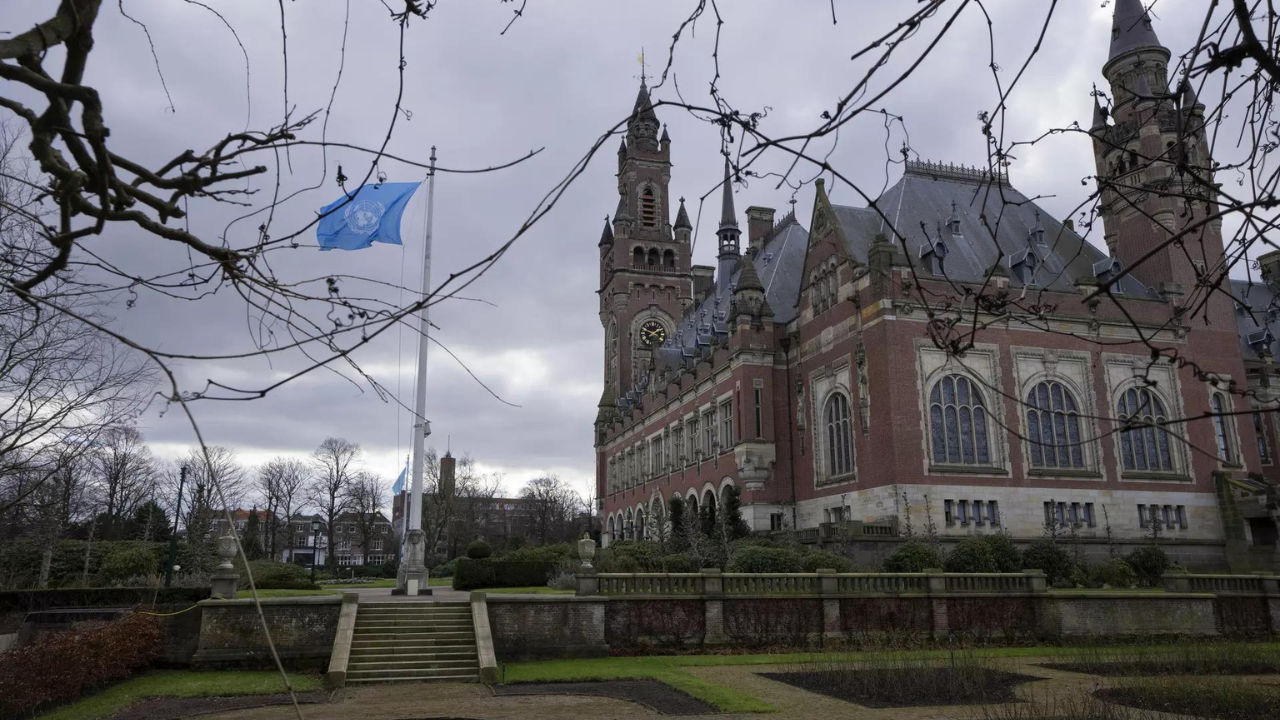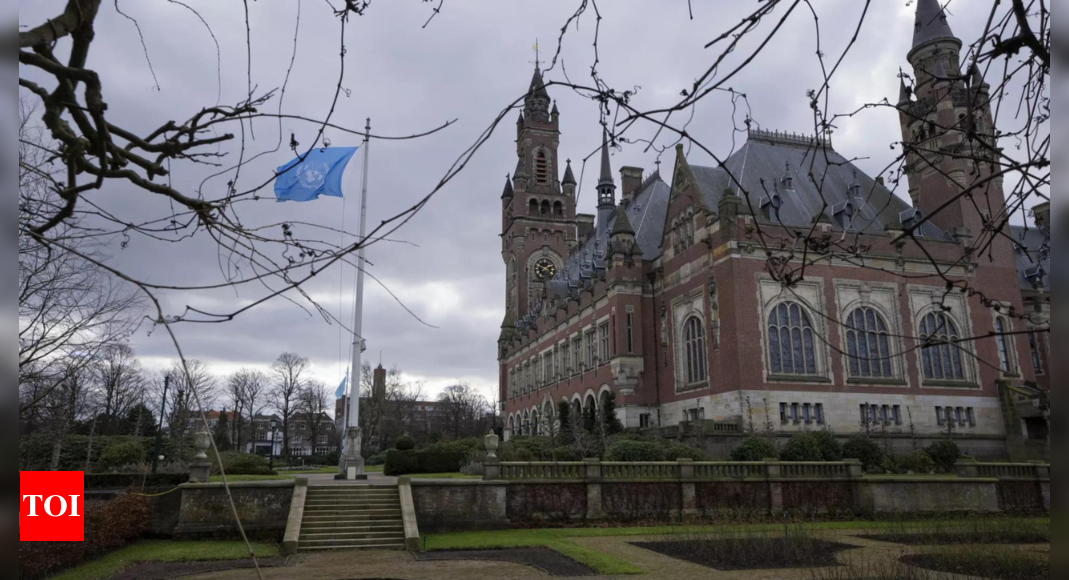
YEREVAN: Armenia on Thursday formally joined the International Criminal Court (ICC), officials said, a move which traditional ally Moscow has denounced as unfriendly.
The Hague-based court in March issued an arrest warrant for Russian President Vladimir Putin over the war in Ukraine and the illegal deportation of children to Russia.
Yerevan is now obligated to arrest the Russian leader if he sets foot on its territory.
“ICC Rome Statute officially entered into force for Armenia on February 1,” the country’s official representative for international legal matters, Yeghishe Kirakosyan, told AFP.
Kremlin spokesman Dmitry Peskov said in October that Armenia had taken a “wrong decision” to ratify ICC’s Rome Statute, and Russian Foreign Ministry has called the move an “unfriendly step.”
Armenian Prime Minister Nikol Pashinyan has sought to assuage Kremlin fears, saying the decision was not directed against Russia.
Kirakosyan said, “Joining the ICC gives Armenia serious tools to prevent war crimes and crimes against humanity on its territory.”
“First of all, this concerns Azerbaijan,” Yerevan’s arch-foe neighbour with which it had fought two wars over the disputed Nagorno-Karabakh region.
But Armenia’s move illustrated a growing chasm between Moscow and Yerevan, which has grown angry with the Kremlin over its perceived inaction over Armenia’s long-standing confrontation with Azerbaijan.
Azerbaijani forces in September swept through Karabakh — where Russian peacekeepers are deployed — and secured the surrender of Armenian separatist forces that had controlled the mountainous region for decades.
Armenia signed the Rome Statute in 1999, but did not ratify it, citing contradictions with the country’s constitution.
The constitutional court said in March those obstacles had been removed after Armenia’s adoption of a new constitution in 2015.
Last November, Yerevan formally deposited its instrument of ratification of the Rome Statute.
The Hague-based court in March issued an arrest warrant for Russian President Vladimir Putin over the war in Ukraine and the illegal deportation of children to Russia.
Yerevan is now obligated to arrest the Russian leader if he sets foot on its territory.
“ICC Rome Statute officially entered into force for Armenia on February 1,” the country’s official representative for international legal matters, Yeghishe Kirakosyan, told AFP.
Kremlin spokesman Dmitry Peskov said in October that Armenia had taken a “wrong decision” to ratify ICC’s Rome Statute, and Russian Foreign Ministry has called the move an “unfriendly step.”
Armenian Prime Minister Nikol Pashinyan has sought to assuage Kremlin fears, saying the decision was not directed against Russia.
Kirakosyan said, “Joining the ICC gives Armenia serious tools to prevent war crimes and crimes against humanity on its territory.”
“First of all, this concerns Azerbaijan,” Yerevan’s arch-foe neighbour with which it had fought two wars over the disputed Nagorno-Karabakh region.
But Armenia’s move illustrated a growing chasm between Moscow and Yerevan, which has grown angry with the Kremlin over its perceived inaction over Armenia’s long-standing confrontation with Azerbaijan.
Azerbaijani forces in September swept through Karabakh — where Russian peacekeepers are deployed — and secured the surrender of Armenian separatist forces that had controlled the mountainous region for decades.
Armenia signed the Rome Statute in 1999, but did not ratify it, citing contradictions with the country’s constitution.
The constitutional court said in March those obstacles had been removed after Armenia’s adoption of a new constitution in 2015.
Last November, Yerevan formally deposited its instrument of ratification of the Rome Statute.
Source link

